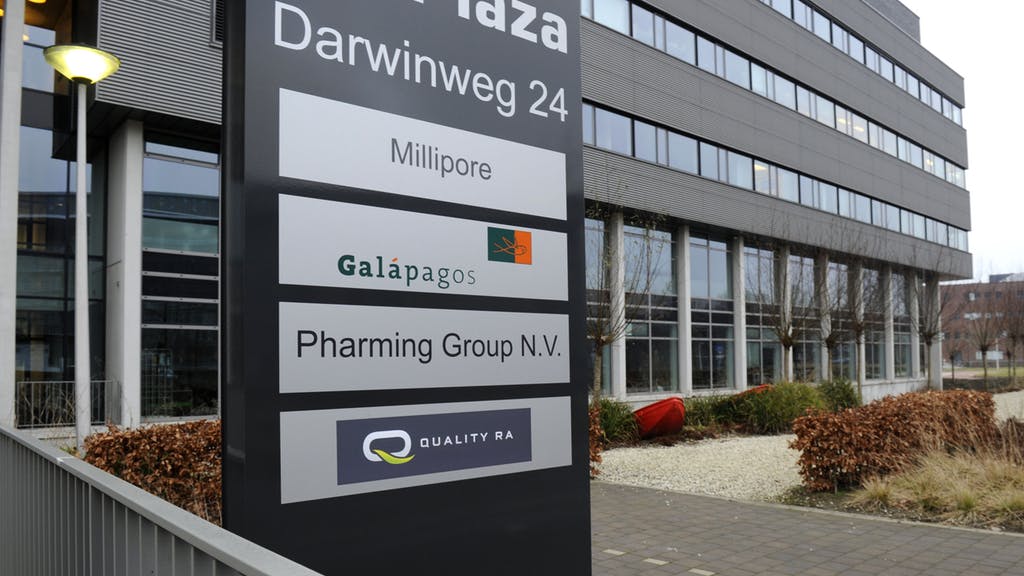
Pharming receives complete response letter from FDA
The FDA has requested additional clincal data demonstrating that Pharming Group's recombinant C1 esterase blocker Ruconest can prevent hereditary angioedema attacks (HAE).
In 2017, Pharming filed an sBLA to the FDA in order to expand the label of its recombinantly produced C1 esterase inhibitor Ruconest to prophylaxis of HAE attacks. After review of data from two Phase II trials, however, the FDA wants to see more efficacy data and requested Pharming Group to carry out an additional clinical trial to further evaluate the efficacy of Ruconest in HAE prophylaxis.
"We see this as a minor setback. Pharming remains committed to serving the HAE community," said Sijmen de Vries, MD, Chief Executive Officer of Pharming.
Since 2010, Ruconest has EU market authorisation as a treatment of HAE attacks. In 2014, Ruconest, received market approval from the FDA as a treatment of acute HAE attacks in adult and adolescent patients. Ruconest is a C1 esterase inhibitor recombinantly expressed in the milk of rabbits.
Along with Ruconest, five other treatments are also approved in that indication, with Shire’s anti-kallikrein-antibody lanadelumab (Takhzyro) most recently approved as treatment in children: plasma-derived C1 inhibitors Cinryze (Shire) and Berinert (CSL Behring), the kallikrein blocker Kalbitor (Dyax SA), and the bradykinin receptor antagonist Firazyr (Shire). The only FDA-approved product for prophylaxis of HAE attacks currently is the plasma-derived C1 esterase inhibitor Haegarda (CSL Behring).


 Immunic/Nela Dorner
Immunic/Nela Dorner
